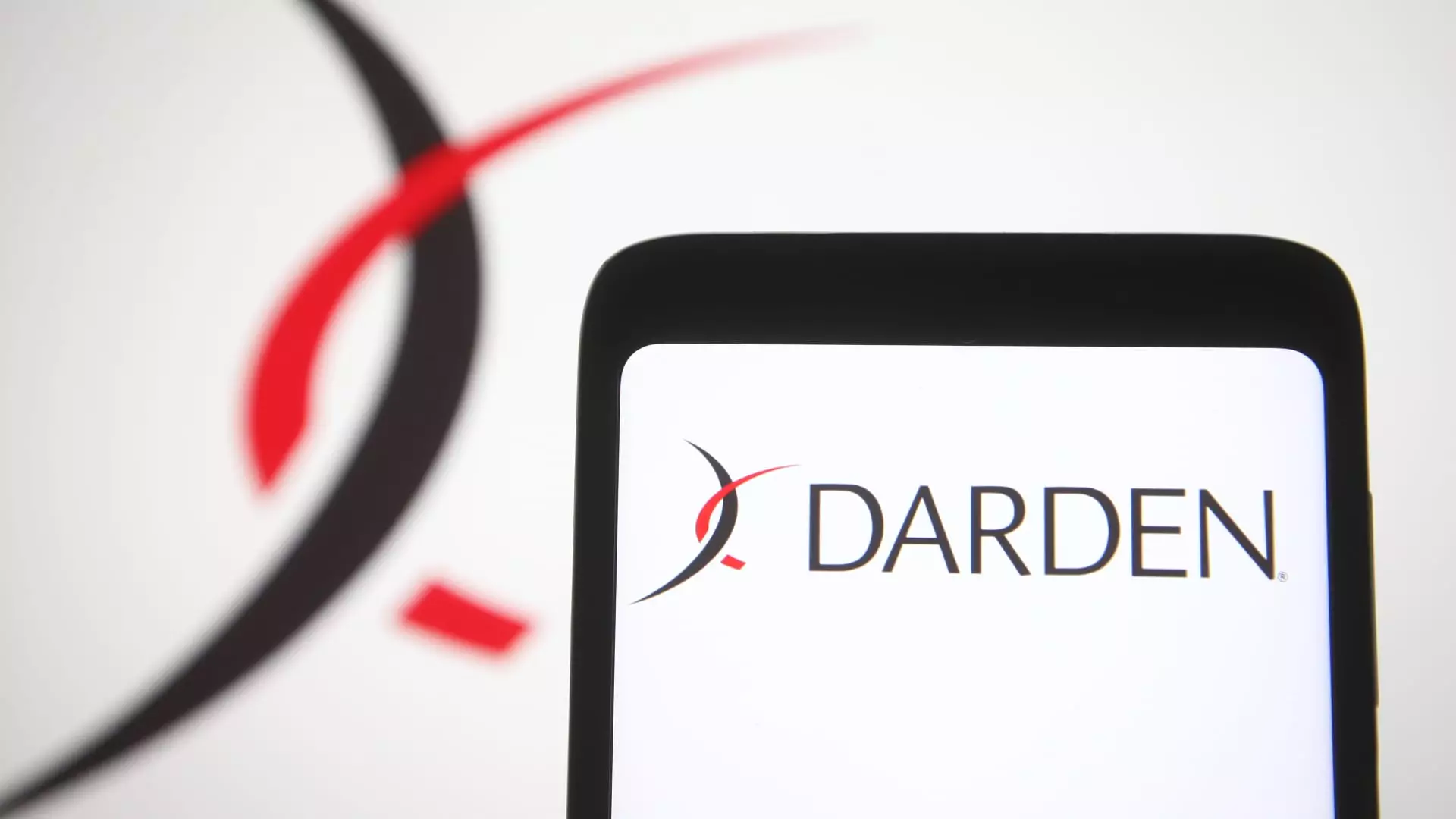In a world where market fluctuations have become a norm, especially under the weight of tumultuous political decisions, finding stability can feel like searching for a needle in a haystack. Major economic policies implemented during the Trump administration, particularly those related to tariffs, have sent ripples across global financial markets, resulting in a palpable unease among investors. This unease is pushing many to seek refuge in dividend-paying stocks that provide regular income streams amidst the uncertainty. Yet, the question remains: which stocks truly deserve the attention of discerning investors?
Rithm Capital (RITM): The Transformation Story
Rithm Capital (RITM) stands out as a compelling choice in a challenging environment for several reasons. This asset management firm has a notable niche in real estate, credit, and financial services, and its operations are designed to fulfill the requirements of a real estate investment trust (REIT). Recently, Rithm announced a quarterly dividend of $0.25 per share, a decision likely to tantalize income-focused investors. The company’s total dividend payout since its inception in 2013 has reached approximately $5.8 billion, exhibiting a commendable commitment to rewarding shareholders.
However, it’s Rithm’s aspirations to pivot its business model that are particularly fascinating. According to analyst Kenneth Lee of RBC Capital, the firm plans to transition into an alternative investment manager, signaling an evolution away from its traditional mortgage REIT structure. This transition, while promising, raises important questions about timing and execution, especially given the impact on shareholder value. Lee’s price target for RITM stock stands at $13, reflecting a bullish outlook on the company’s strategic redirection.
What needs emphasis here is the implications of this shift. By moving towards a fee-based, capital-light business model, Rithm may unlock greater growth potential. However, investors must remain wary; the successful implementation of this strategy is far from guaranteed. In this unpredictable landscape, the company’s willingness to adapt may prove to be its most significant asset.
Darden Restaurants (DRI): Food for Thought
Next on the dividend radar is Darden Restaurants (DRI), the parent company of popular chains like Olive Garden and LongHorn Steakhouse. Recently, Darden reported results that, while impressive in terms of earnings, fell short on revenue targets due to unpredictable weather patterns. Nevertheless, the company remains committed to its shareholders with a healthy dividend of $1.40 per share, translating to a yield of 2.8%.
Analyst John Ivankoe from JPMorgan reaffirmed a buy rating on DRI stock, even increasing his price target from $186 to $218 post-earnings report. This confidence stems from the company’s ability to navigate through tough economic waters while maintaining strong sales trends at flagship locations. With comparable sales tracking at over 3% for the current quarter, Darden appears poised to withstand the storm, even launching marketing initiatives like the relaunch of its “Buy One, Take One” promotion to bolster traffic.
What sets Darden apart is not just its résilience, but its agility in incorporating new technologies, like Uber Direct, to adapt to evolving consumer preferences. As the restaurant industry continues to grapple with challenges posed by economic volatility, Darden’s proactive measures could well position it as a safe haven for income investors looking for solid returns with manageable risk.
Enterprise Products Partners L.P. (EPD): A Steady Ship Through Turbulent Seas
Lastly, the focus shifts to midstream energy services provider Enterprise Products Partners L.P. (EPD). This company has built a reputation for consistent dividend payments, recently declaring a cash distribution of $0.535 per unit, marking a commendable 3.9% increase year-over-year. With a dividend yield of 6.4%, it certainly appeals to income-focused investors.
RBC Capital’s Elvira Scotto remains optimistic about the outlook for EPD, which boasts a strong backlog of growth projects. Recently reported figures showed a backlog increase to $7.6 billion, indicating that the company is not only surviving but is strategically positioning itself for growth in the midstream sector. With cash flows covering distributions at an impressive 1.7 times, EPD’s financial health offers reassurance to stakeholders.
What makes EPD a fascinating study is its ability to balance both offensive and defensive characteristics in its operations. As energy markets continue to oscillate due to global demand and supply fluctuations, EPD’s strategic approach to maintain a solid balance sheet while pursuing growth opportunities will be vital. This calculated risk could translate into long-term rewards for investors who remain steadfast amidst prevailing market uncertainties.
As this analysis illustrates, identifying viable dividend stocks in today’s unpredictable environment requires an in-depth understanding of each company’s strategy, financial health, and adaptability. While Rithm Capital, Darden Restaurants, and Enterprise Products Partners offer enticing dividend yields, their long-term viability will hinge on effective execution and market responsiveness. Keeping a close watch on these factors could empower investors to navigate turbulent economic waters with greater confidence.

